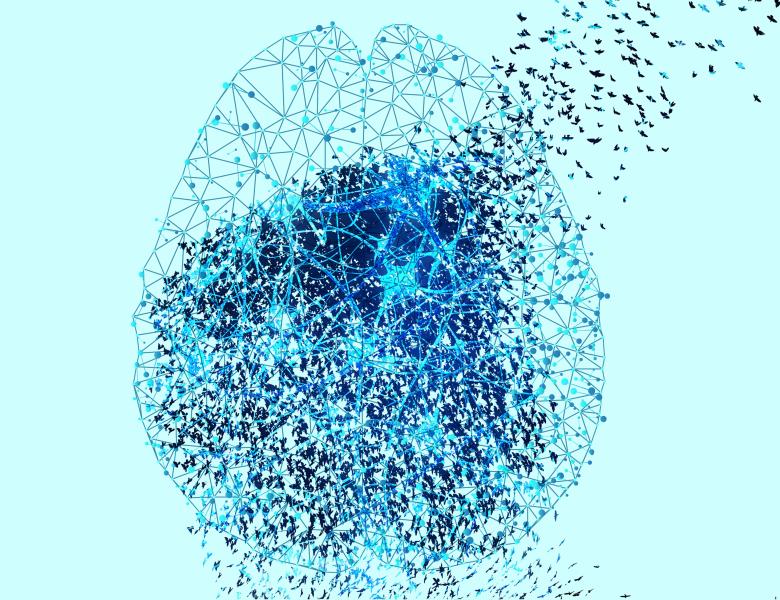
Abstract
Under typical, everyday scenarios, we ought to feel more confident when we are more likely to correctly perceive the world. But we also know that clever lab-based tasks can pull these capacities apart, creating conditions where observers’ confidence fails to adequately track their task accuracy. When, why, and how would you feel more confident than you “should”, or less confident than you “should”? How can we quantify this phenomenon, and use it to study how confidence judgments are constructed in the first place? How can theory-informed measures and paradigms help clarify the link between these dissociations and the neurocomputational architectures that drive not only metacognition, but also perceptual awareness? In this talk I will discuss recent findings probing these questions from perspectives of experimental paradigm design, analysis approaches, and theory.


